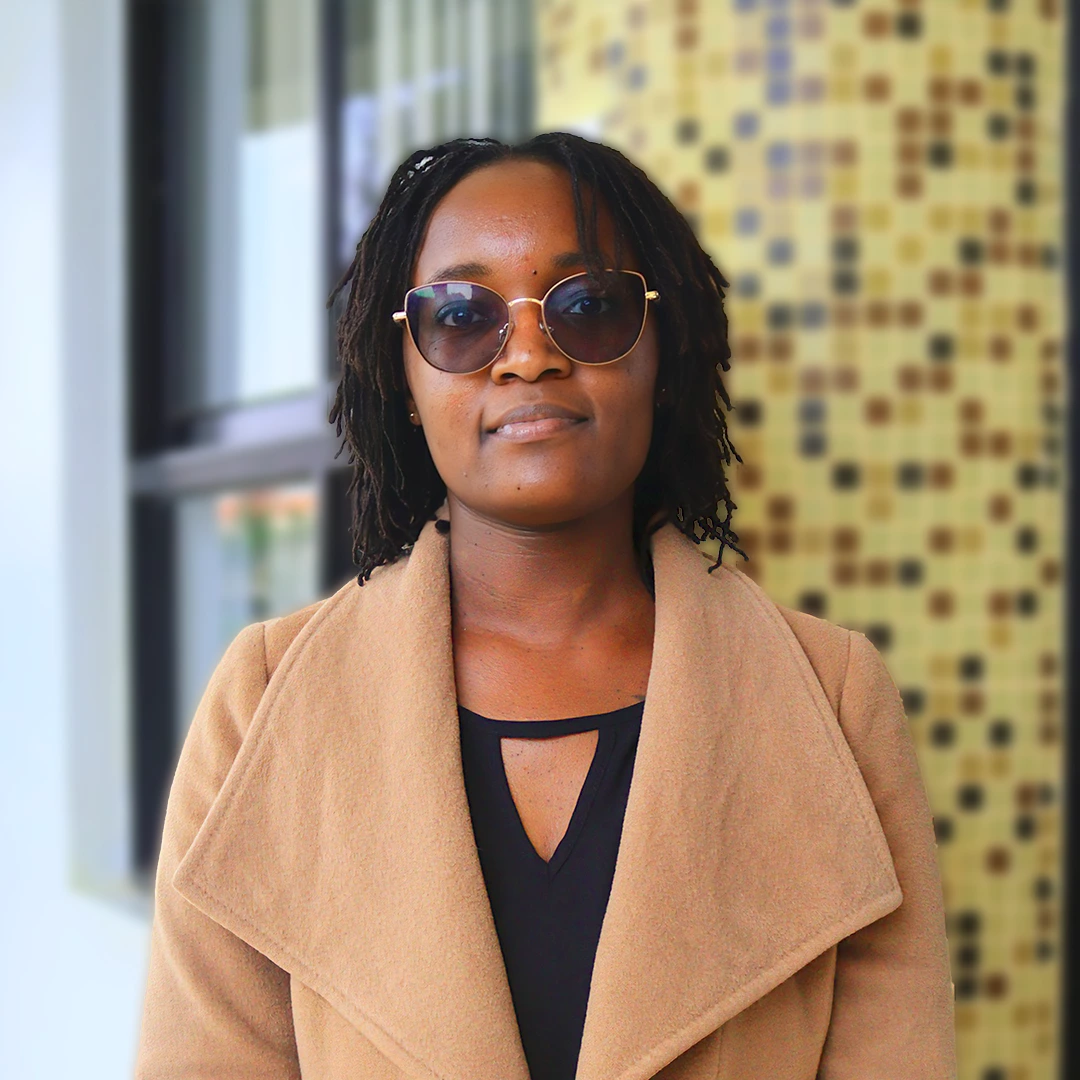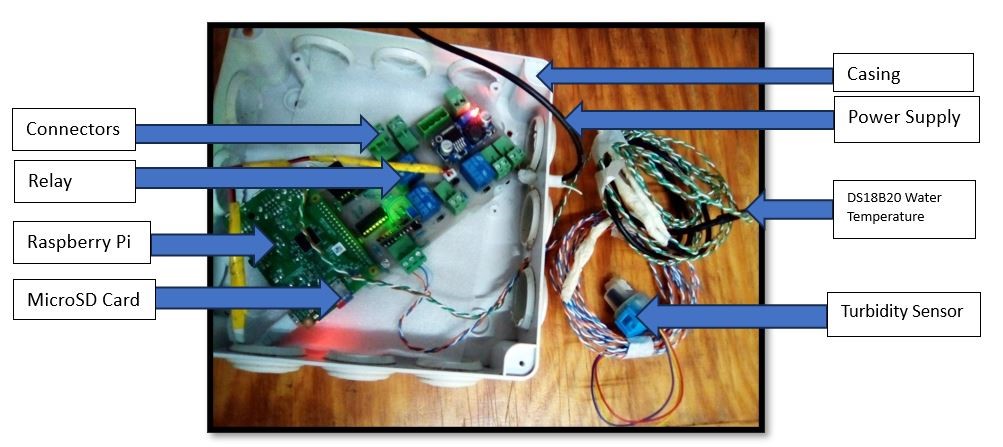.jpg)
DSAIL FAMILY.
Introduction
The DSAIL Research Day is when research interns and undergraduate research assistants at the Center for Data Science and Artificial Intelligence (DSAIL) gather to share with each other and guests what they are working on. We do this every year to catch each other up on what we have been working on with the hope of getting feedback from the audience. This year, we held our second research day on 21st October 2022 at the Dedan Kimathi University of Technology Wildlife Conservancy. Compared to the first research day (held on 19th June 2021), we had a few more sessions this year seeing as the team had grown and everyone had made tremendous progress on their projects. This year, we invited an alumnus of DSAIL and an IoT solutions Engineer at Networks for Learning Africa, Jared Makario as our guest speaker.
During the morning session, we had a presentation by Gabriel Kiarie on Ultrafast data acquisition using a Raspberry Pi. Gabriel has developed a Time Domain Reflectometer (TDR) for electric fence fault detection and localization based on an ultrafast data acquisition Raspberry Pi system. We then heard from Collins Emasi who was working on acoustic monitoring of the ecosystems using birds’ sounds. Jared Makario talked about deploying tailor-made IoT solutions. He delved into a project of tracking the movement of honey bees by mounting sensors on their bodies. Muhinyia Ndegwa spoke about how he processes bat-acoustic recordings to monitor the ecosystem. Bat species emit echolocation calls for the purpose of communication or navigation. These calls have acoustic signatures that can be analyzed to study bats. Victor Kulankash showcased a comparison of human pose-based knee flexion angle measurement to a wearable knee flex device designed by Anthony Gitau to monitor the recovery of orthopedic patients
After a short break, we got a little more technical with a presentation from Yuri Njathi on the unsupervised discovery of Echocardiographic views, which built on previous work by Lorna Mugambi to solve the problem of getting labels in a timely manner. Stephen Githinji then discussed some methods he was researching such as autoencoders to detect anomalies in time series water level data collected by sensors developed and deployed by Jason Kabi on River Muringato. Cedric Kiplimo, a student pursuing a master's degree at Dedan Kimathi University of Technology (DeKUT), gave us a snippet of his master's dissertation where he is looking into leveraging stereoscopic vision to estimate biophysical parameters of trees. Lians Wanjiku demonstrated how to use real-time object detection with YOLOv5 using the DSAIL-Porini dataset curated in the lab with 6 species found in the university’s conservancy.
The day's final presentation session featured presentations from Jason, who discussed the power analysis of the water level sensors installed along River Muringato. Austin Kaburia and Victoria Sitati discussed their collaboration with the Trans-African Hydro-Meteorological Observatory (TAHMO). Mwaniki Njagi then discussed industrial automation using off-the-shelf products like the Jetson nano, and finally, Lawrence Kimutai demonstrated how geospatial tools could be used in data science.
The attendees challenged the presenters throughout the day with great excitement, providing ideas for fresh approaches they could apply to their projects.
After several team-building exercises led by Makena Sandra, our director, Prof. Ciira, and other members gave closing statements. Finally, a cake was served to cap off the day.
See you next time!


